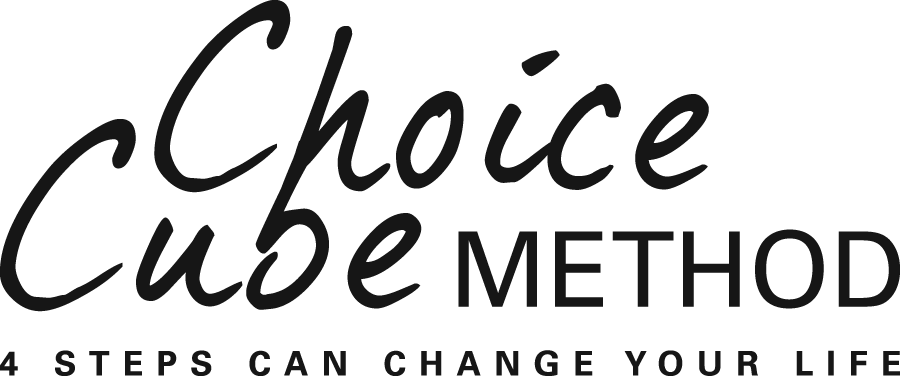Doomed To Make The Same Mistake One More Time?
/ JEN’S STORY. Jen is plagued with feelings of guilt and regret. She can’t control her rage. Last night, she yelled at her youngest child again because he accidentally spilled his juice on a brand new tablecloth. She hates herself for it now.
JEN’S STORY. Jen is plagued with feelings of guilt and regret. She can’t control her rage. Last night, she yelled at her youngest child again because he accidentally spilled his juice on a brand new tablecloth. She hates herself for it now.
She has promised herself over and over that she’ll never do that again. But then another little accident happens, which sends her over the edge. Her son is 5-years-old, for crying out loud! He’s still terribly clumsy, Jen understands that. Now. But she didn’t see it that way last night.
IS SHE DOOMED? Is Jen doomed to react with rage? Is it simply who she is? Of course, not! She can change!
EASIER SAID THAN DONE. But it’s easier said than done. What Jen doesn’t understand is that no matter how hard she tries to be more patient with her son she will not succeed unless she changes the beliefs and the inward reactions that cause her angry outbursts.
Her reactions (stress, negative emotions, thoughts and desires) and her angry behaviors result from some painful “unfinished business” and distorted beliefs -- things too painful to bear locked away in her subconscious mind. Only a real conscious effort will enable her to change them.
JEN'S TASK. Her task is to make what is subconscious conscious. But why? Isn’t it better to just leave these painful things alone? Why bring it all back to the surface?
The answer is that unless we make some things conscious, we are doomed to make the same mistakes over and over. Hopefully, there comes a time when we realize we don’t want to keep making the same mistakes. We want to change.
HOW DO WE MAKE SOMETHING CONSCIOUS? But how do we make something conscious? I suggest that we start with staying aware of our body sensations and emotions. Usually, when dealing with the subconscious, our mind is not our friend! It just gets in the way. Our mind may be telling us things are okay, but our body--our gut--is saying, “Watch out!”
At moment like this, our conscious mind is not what we should be paying attention to. If we are wise, we will learn to pay attention to signals from our subconscious that surface as our inward reactions--the reactions of of our body (stress), negative emotions, mind/mental pictures, and will/desires.
THE FASTEST WAY TO LASTING CHANGE. The fastest way to lasting change is through changing our inward reactions. Remember, these are the reactions of our body, emotions, mind, and will/desires. Once we know what to look for and can identify our reactions, we can begin to change them. And, good news! If we learn to work with our inward reactions, we can retrain ourselves to stop repeating the same mistakes. Even better, when we know how to change our inward reactions, we can change our deep beliefs and choose our behaviors. We can actually rewire our brain.
In my book, Become the Person You Were Meant to Be - The Choice-Cube Method, you will find, among other things, tools and 4 steps to help you recognize, and work through, your inward reactions and deep beliefs. Click here to see inside the book http://amzn.to/Ug268G. You can retrain yourself, change and grow, and engage life more fully. Also, click here http://www.choicecube.com to check out my website and learn about the method. Copyright Dr. Beth Blevins Cujé 2011





